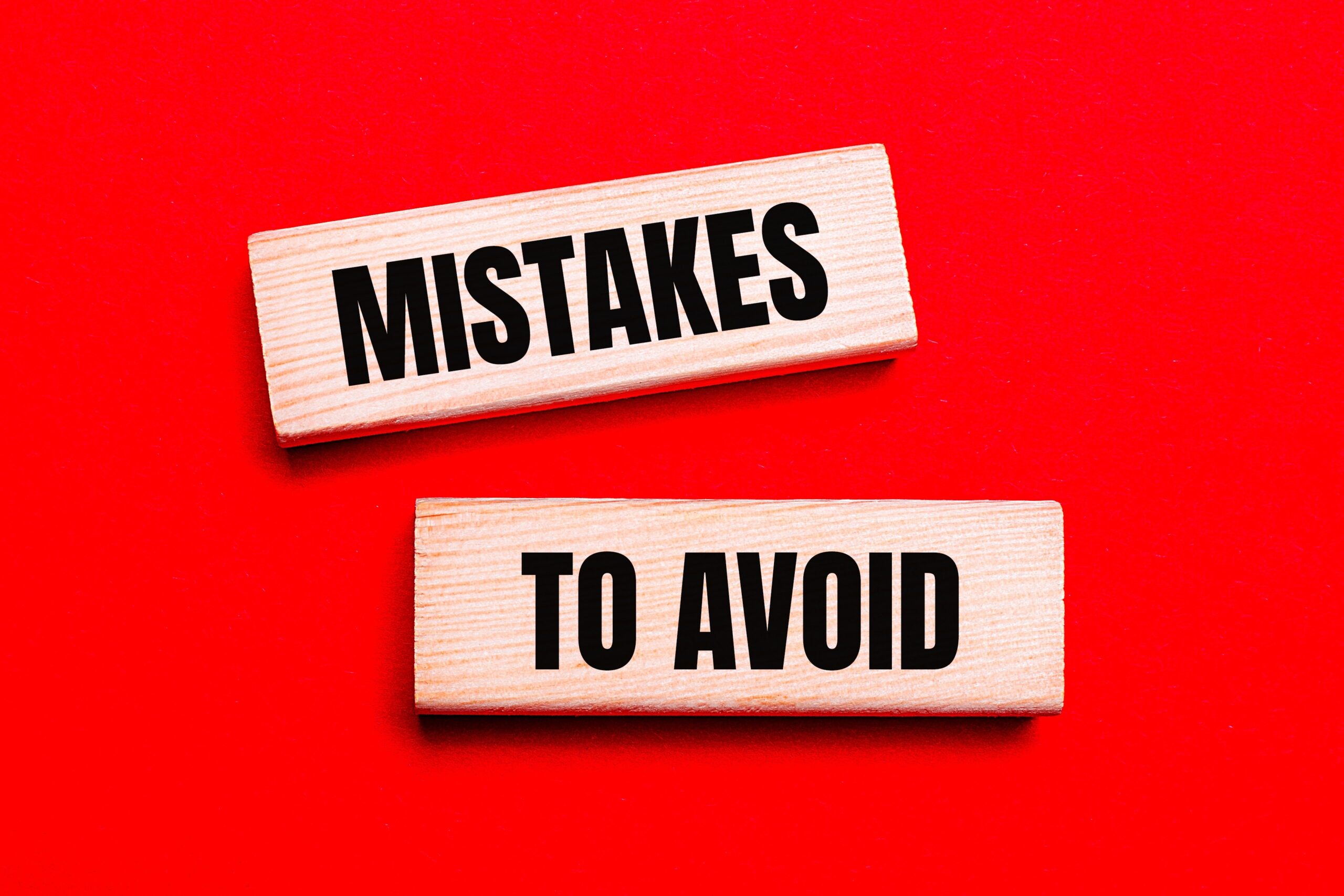
Filing a VA disability claim is a critical step for a veteran. You have earned these benefits through your service and sacrifice. However, the process is often complex, and even small mistakes can lead to a denial. At VMHA, we work with veterans every day and have identified the most common errors that can derail a claim. Whether you’re filing for PTSD, anxiety, depression, or another service-connected condition, avoiding these five common pitfalls can save you time, frustration, and lost compensation.
This is one of the most common and misunderstood issues veterans face when filing a mental health claim. You may have experienced a traumatic event and feel certain that you have Post-Traumatic Stress Disorder (PTSD). According to the National Center for PTSD, 11-20% of veterans who served in the Iraq and Afghanistan wars have PTSD. While your feelings are valid, the VA requires a formal clinical diagnosis from a qualified mental health professional. Simply believing you have PTSD is not enough.
We have seen many veterans try to file under PTSD even when they have been clinically diagnosed with anxiety, depression, or another adjustment disorder. The result? The VA often delays, denies, or misrates the claim because it does not align with the actual medical evidence.
The VA doesn’t just look at your diagnosis; they want to see how it ties back to your military service. This is known as the “nexus,” and it is the direct link between your current condition and an event that happened during your time in uniform. If your records do not clearly show that your condition is “at least as likely as not” caused or aggravated by your service, your claim will likely be denied.
This is where many veterans fall short. They might have strong symptoms and a valid diagnosis, but they lack the documentation or expert opinion to connect their condition to a specific in-service event, trauma, or ongoing duty-related stress.
The VA makes decisions based on documentation—period. You can have the most compelling story in the world, but if your file lacks the medical evidence to back it up, your claim will fail. The VA may give you an inaccurate rating if your claim lacks treatment records, a current diagnosis, or key details about your symptoms.
Relying solely on the VA’s Compensation and Pension (C&P) exam is a huge risk. VA examiners often conduct short, checkbox-driven evaluations that can miss the complexity of your mental health challenges. You need to provide evidence that tells the full story.
Tip for Success: Strengthen your claim with additional evidence. This can include:
Remember: The stronger your evidence, the stronger your claim. Don’t give the VA a reason to guess—give them the facts.
Many veterans only file for the most obvious or primary condition, failing to realize that their service-connected physical conditions might be affecting their mental health. Chronic pain, mobility limitations, or sleep issues can lead to secondary conditions like depression, anxiety, or even substance use.
Remember: Think about the whole picture. If your service-connected conditions are impacting your mental health, document it and talk to a professional who can support your claim.
Some veterans wait years before filing a claim, assuming they have to “tough it out” or that they don’t qualify. Others give up after a denial, thinking the VA’s word is final. Both decisions can cost you valuable benefits and years of back pay.
Don’t wait. Don’t give up. If you think something’s wrong with your rating or denial, get help and take the next step.
The VA requires you to identify an in-service event or stressor that led to your mental health condition. For some, like combat veterans, this is straightforward. For others, like those who experienced military sexual trauma (MST) or non-combat stressors, proving the event can be more difficult.
We understand that the cost of an IMO can be a concern. However, it is a crucial investment in your future. The benefits of a successful claim—which could be thousands of dollars in tax-free monthly compensation for the rest of your life—far outweigh the initial cost.
Many organizations offer free services to veterans, such as Veterans Service Organizations (VSOs). While these organizations can be helpful, they often have long wait times and may not have the resources to provide the detailed, specialized medical opinions required for complex mental health claims.
At VMHA, we offer a flat-fee service for our comprehensive Independent Medical Opinions. Absolute transparency and uncompromising quality are at the center of everything we do. We do not charge a percentage of your back pay, and we remain your advocate for the life of your claim, providing additional support at no extra cost if needed. We view our work as an investment in you and your future.
Yes, they can. A denial with a nexus letter often happens for a few reasons:
If you are denied even with a nexus letter, do not give up. This is where an IMO from an independent expert becomes even more valuable. An IMO can directly address the VA’s reasoning for the denial, providing a detailed rebuttal that is clinically sound and written in the VA’s language. A comprehensive IMO is often the key to winning an appeal.
As mentioned in mistake #4, many veterans fail to claim secondary conditions. To prove a connection between a physical and mental health condition, you need two things:
A strong IMO from VMHA can provide this connection, ensuring the VA sees the full picture of how your service has impacted your health.
You served your country. You’ve earned the right to mental health care and fair compensation. But the VA system can be hard to navigate—especially if you’re going it alone or relying on incomplete information.
At VMHA, we help veterans like you file accurate, well-supported claims backed by trusted medical evaluations. Our team of licensed psychologists provides Independent Medical Opinions, full diagnostic interviews, and the clear, evidence-based reports the VA needs to approve your claim.
Ready to build a winning claim?
If you want to avoid these common mistakes and strengthen your claim, contact us today to learn how our Independent Medical Opinions can help you.
Email us at info@vmhaforvets.com or call us at 214-307-2198.

